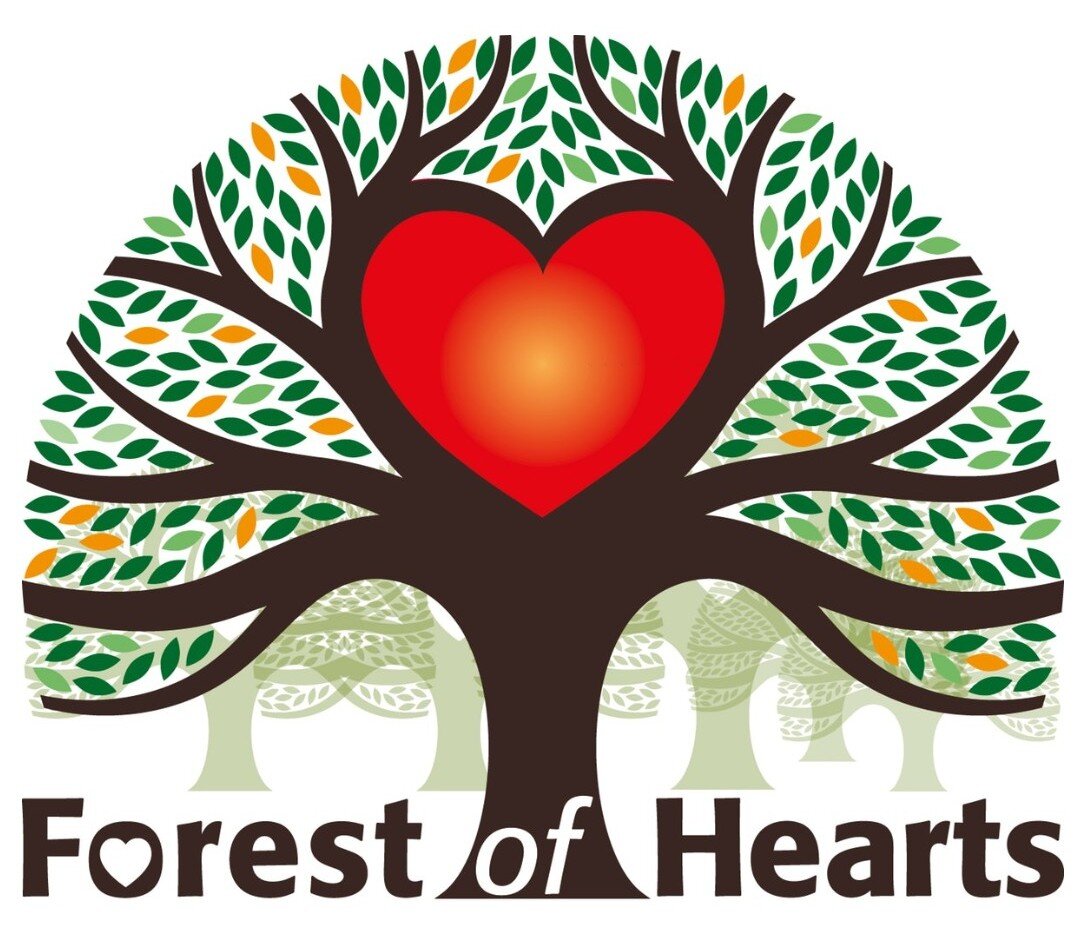Will COVID 19 change attitudes to ‘grow your own’?
By Ann Johnson
Britain has often been described as a nation of gardeners and whilst many of us dream of the time we can grow our own vegetables, herbs and fruits many of us just dabble, do not have space to grow or never find the time we dreamt of. But maybe COVID 19 will help to further some positive changes in our communities.
When my grandparents were alive, Joe and Annie naturally grew their own vegetables, baked their bread and cakes etc. Any over flow of produce was shared with those in the local street and community, ensuring that people who needed healthy food received it.
I wonder if we had the time and opportunity to do this today in every suitable back garden or allotment it would reduce the reliance on foodbanks. It’s also possible that with the anxiety of these uncertain times, growing your own food and/or planting and growing edible foods together as communities might build and foster long lasting positives between diverse communities.
In 2012 the then coalition government promoted as part of the ‘Localism Act’ that space be promoted and made available for community garden plots and allotments. Can the experience of COVID provide further traction to this vision?
Maybe; Forest of Hearts are receiving many more enquiries about creating edible gardens in urban and rural spaces, an opportunity to encourage groups to come together to enjoy the outdoors as a result. Whilst not all will be attributed to community support due to COVID, this socially challenging time will have started to change our values around the distance food travels, the availability of locally grown food and the value sharing food has on communities.
Coming together in community groups to plant and grow edible food is more than just a way rescuing land or feeding people, it helps tackle social isolation, promotes well-being and provides a great way to engage with other diverse groups in the community.
Many of the UK’s ethnic minority communities bring their own history and cultural connections to growing food, helping to expand all of our knowledge and skills.
The United Nations predict that two thirds of the world’s population will be living in cities by 2050, so the more pockets of urban land organisations like Forest of Hearts can rescue for growing edible food, the greater our chance for sustained and supportive communities.

